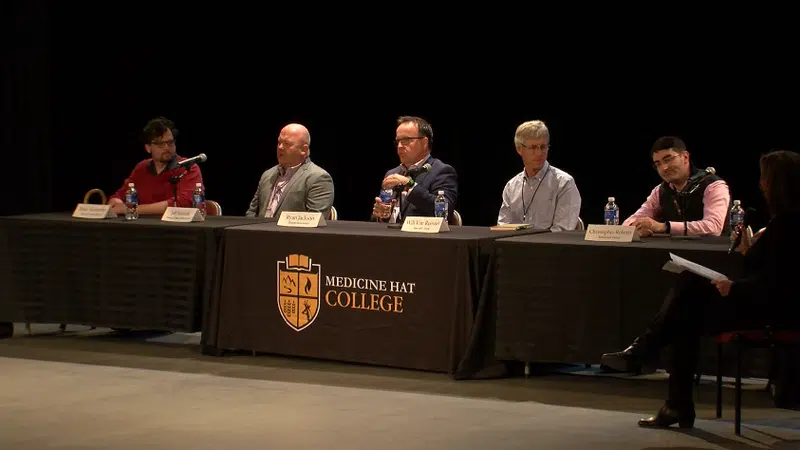
Future of the industry discussed at college’s hemp and cannabis conference
Medicine Hat, AB – With cannabis and hemp facilities popping up around southern Alberta, hundreds of jobs are expected with them.
That’s why the Medicine Hat College decided to host a hemp and cannabis on Friday for potential employees and members of the public who may have questions about the industry.
It involved five different speakers from both hemp and cannabis.
